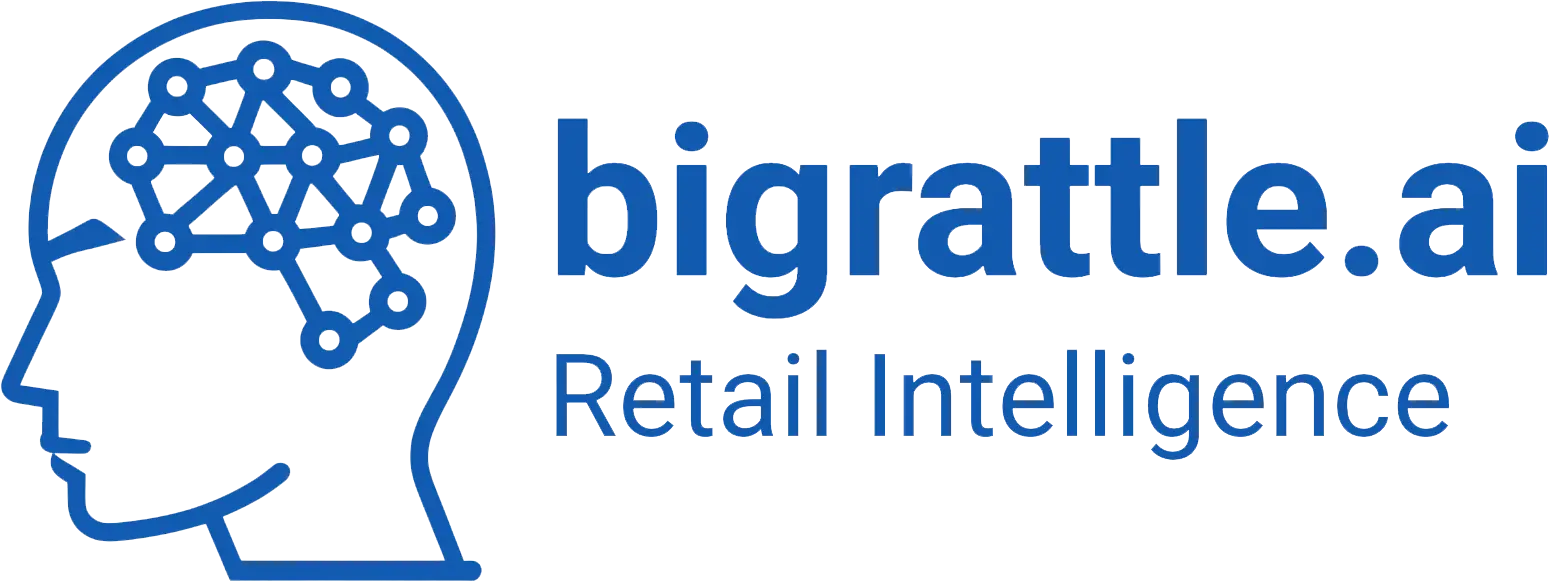A Short Guide to Develop Effective AI Software

Artificial intelligence is reshaping industries and augmenting human capabilities with innovative solutions. As developers embark on the journey of designing intelligent software, it is vital to navigate the intricate paths of innovation with precision and foresight. This short guide seeks to illuminate the essential elements needed for effective AI software development. Moreover, a holistic approach is necessary for technical and ethical considerations to get user-centric design. Let us see how to develop an effective software for your business:
1. Define Clear Objectives
Before jumping into the complex codes, define the purpose of the AI software. Know the problem that you wish to solve and achieve. Whether it is for streamlining business processes or enhancing user experiences, a crystal-clear understanding of objectives will guide the development process. But, ensure that AI aligns seamlessly with its intended purpose.
2. Quality Data is the Bedrock
The software quality is directly proportional to the data quality it is trained on. Clean, diverse, and representative datasets lay the foundation for robust models. Developers must invest time in data preprocessing, handling biases, and ensuring the data used for training is perfect for the intended purpose. Regular updates to datasets also contribute to the adaptability and relevancy of the AI over time.
3. Embrace Robust Model Architecture
Selecting the right model architecture is important for your software. It should be robust, scalable, and suited to the specific requirements of the task at hand. Right from the convolutional neural network for image recognition to a recurrent neural network for natural language processing, the architecture should be tailored to optimize performance. You should also consider computational efficiency.
4. Prioritize Interpretability and Explainability
AI-powered solutions are becoming increasingly complex. However, it is critical to prioritize interpretability and explainability. Users, stakeholders, and even regulatory bodies should know how AI arrives at its decisions. The explainability feature not only builds trust but also aids in identifying and rectifying biases in the software.
5. Continuous Testing and Evaluation
The dynamic nature of data and evolving user needs necessitate continuous testing and evaluation. Assess the performance of AI, iterate on models, and ensure that the software remains effective in real-world scenarios. This approach is essential to stay ahead of challenges and refine the AI to align with changing requirements.
Custom AI software development service
AI software has the potential to change your business operations and customer service. But, this software has to be effective and accurate in performing specific tasks. This is where businesses require custom AI software development to solve issues at the workplace. The quest for effective software is complete with a blend of technical acumen, ethical considerations, and a user-centric mindset. Moreover, it is not a static endeavor but a dynamic process of continuous improvement in the software. With clear objectives, quality data, robust model architectures, and continuous testing, you can pave the way for intelligent systems that exceed expectations. Experts are essential to develop an AI solution that meets the requirements of your business. Hope this guide will be helpful in developing an AI software necessary for your business.

Write a comment